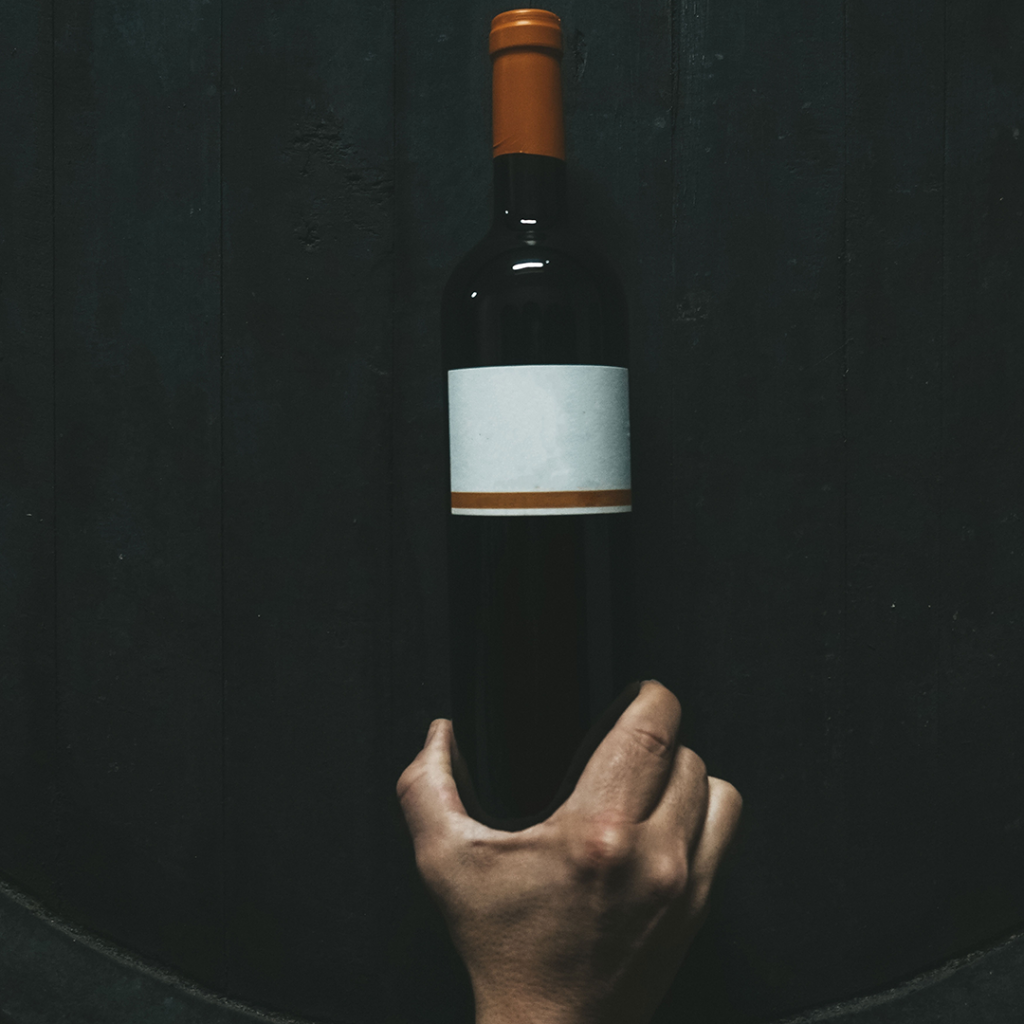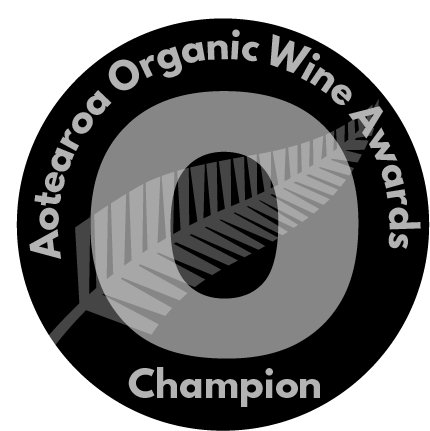Let me set the scene on this one.
I was recently enjoying a glass of wine with a friend, who, knowing I favour an organic drop, proudly produced a bottle of ‘organic wine’. The wine in question was a Stoneleigh ‘Wild Valley’ Marlborough Chardonnay. This wine retails for about $15.99, is pleasant enough, especially for the price point, although is however decidedly not organic. My friend (let’s call him Rodney, not his real name) was rather confused and ever so mildly embarrassed. Don’t worry Rodney.
This made me question why Rodney (you plonker), had jumped to this conclusion. So I began to inspect closer.
Firstly, the name. ‘Wild Valley’, this is referencing the wild fermentation, although you may or may not agree, there is an association between the terms wild, to natural, to organic.
Secondly, the branding. The label is adorned with wildlife, fauna and flora. Once again, it’s not a slam dunk, but I can see the connection between the imagery conveyed on the label, and an assumption that the wine was in-fact produced with these creatures and plants in mind as part of the biodiversity of the vineyard- and therefore at the very least spray free. I’ve chosen not to share the label imagery here, but a quick google will satisfy your curiosity.
Thirdly, is the association with techniques such as wild-fermentation itself. Wild fermentation is where a wine is fermented using native yeast that is found in the vineyard, or on the grapes themselves. Whilst this method of winemaking is not exclusive to organic winegrowers, there is a strong prevalence of this style among organic wines. This is likely in part due to the healthier soil, greater biodiversity and inter-row plantings found in organic vineyards.
We may have been unfairly picking on Stoneleigh here, they never mention organic, their branding isn’t a blatant attempt at greenwashing, but none the less it has caused confusion for poor Rodney. They are also not alone in using branding that could be associated with ‘natural’ or organic wine-growing methods, neither do they reference sustainable winegrowing techniques as part of their blurb, which other offenders do.
So, using the NZ Organic Wine Awards Instagram stories, I asked what our followers thought, the premise was simple, a picture of the wine bottle with the question ‘Organic or Not?’. The results, 37% of respondents said ‘yes’.
So it would seem that Rodney is in the minority, although not an insignificant minority. Upon speaking to various authorities on this subject, it seems that our completely unscientific research is representative of other studies and findings regarding consumers ability to detect organic wine from branding.
As organic wineries and advocates we need to help the consumer identification of organic wines by promoting the organic certification labels, and prominent use of the term ‘organic’, especially as this becomes regulated in NZ. Slap that Biogro/Asure Quality or Demeter logo proudly on your labels, don’t demote it to tiny text on the back next to the government alcohol warnings. Sing about organics in your label notes, the tide has turned and consumers are actively seeking organic wine- help them pick a real organic wine, not just a ‘natural looking label’.
I reached out to Pernod Ricard who distribute and market the Stoneleigh brand for comment. Props to Pernod Ricard’s media team for coming back to me so quickly, with a well polished and considered response.
“Thanks for the opportunity to provide more information about Stoneleigh Wild Valley. This range is so named because the wine is wild-fermented, a natural process where juice is fermented using indigenous yeast already present on the grapes at the time of harvest, rather than inoculated with specific yeast strains. The label is designed to depict the flora and fauna that surround our vineyards and which add to the environment in which the indigenous yeast from the vineyard exists.“
“We are committed to responsible and ethical marketing and our labels exceed the legal requirements both in New Zealand and other markets where this product is exported.“
“We have well-established organic blocks across Marlborough and continue to explore sustainable methods of viticulture that enable us to make wines of the quality expected from our consumers.“
I look forward to seeing a certified Stoneleigh wine available in the future (hopefully).
I’m aware that I have used the term ‘natural’ throughout this post. There is a seperate discussion to be had around this, although I think this is a seperate issue, and therefore will discuss at another time.
If you have any questions, or feedback regarding this article, or wish to re-assure Rodney of his wine choices, feel free to email me:
Luke@organicwineawards.co.nz

